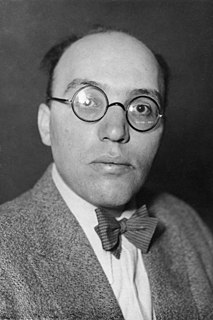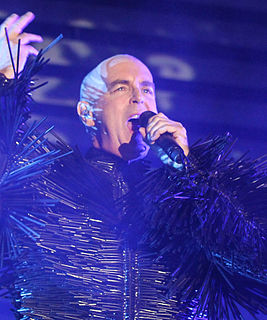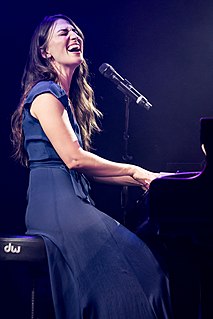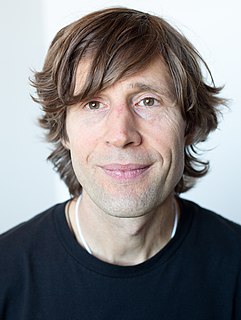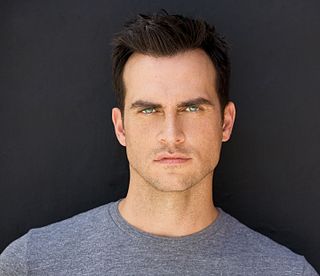A Quote by Lisa Randall
A musical, like most religions, provides the audience or followers with a sense of belonging. Religious services, on the other hand, with their staged performances, invigorating songs, popular wisdom and shared experience, are almost a form of community theater.
Related Quotes
I think that theater is a unique way to communicate with people as they gather together with other people they may not even know. It creates a sense of shared community for the time of the performance that hopefully carries over into other aspects of the audience's life because they have shared this experience together.
I wrote an op-ed piece in The New York Times about the amazing effect of shared wonder - how I have an audience filled with people who you'd think would hate each other, people from every religious category, all at the same show at the same time. And it's an amazing phenomenon to watch this shared sense of wonder, where these people who really don't like each other - for good and bad reasons, reasons that make sense and that don't make sense - are in the same room, experiencing this unification.
Popular music of the last 50 years has failed to keep in step with advances in musical theater, namely Stephen Sondheim. But the two have grown apart so that popular music is based more than ever on a rhythmic grid that is irrelevant in musical theater. In popular music, words matter less and less. Especially now that it's so international, the fewer words the better. While theater music becomes more and more confined to a few blocks in midtown.
I'm somebody who grew up listening to a lot of musical theater, so getting to finally write musical theater songs and songs that sound that way - the emphasis being on the storytelling, but the arrangements and the orchestrations can be really varied - I found that to be, actually, a really joyful discovery.
Skaters, I think they tend to be outsiders who seek a sense of belonging, but belonging on their own terms, and real respect is given by how much we take what other guys do, these basic tricks, 360 flips, we take that, we make it our own, and then we contribute back to the community the inner way that edifies the community itself.
You sing songs hundreds of times over and over, but certain ones just morph and naturally, as you age and get life experience, take on a different form as well. When I was looking at songs for the album, I thought, "Which are the ones that connect with me the most? What do I think would work in album form?" Almost all of them I've done in shows.





